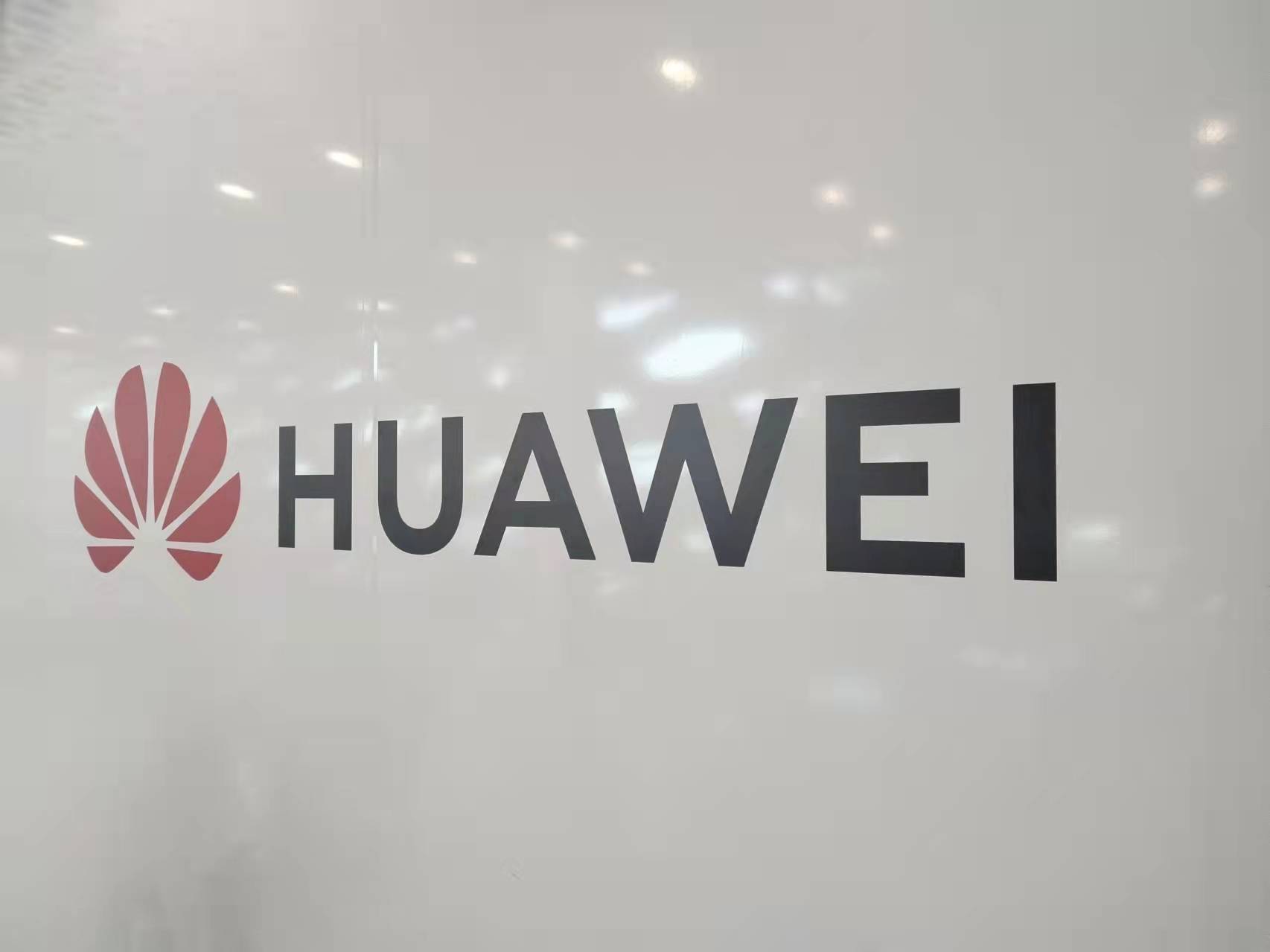
By Greg Gao
(JW Insights) Jul 24 -- China’s tech conglomerate Huawei seeks to turn its vast pool of patents into revenue through patent licensing arrangements with domestic and overseas companies. Its profit hit a nearly 7-year low after the US sanctions, according to a recent report on Sina.

Recently, Huawei announced the patent licensing fees for its smartphones, WiFi, and Internet of Things (IoT) technologies, indicating an expansion of the scope to include smart home, smart industry, and other fields.
The company has already entered into cross-licensing agreements with companies such as Samsung, Nokia, OPPO, and others. This move also has sent shivers down the spine of other tech companies as Huawei boasts a staggering 120,000 valid authorized patents, placing it at the forefront globally.
One of the significant reasons for Huawei’s expansion of patent licensing is its core smartphone and telecom equipment businesses were disrupted by US sanctions. In 2022, Huawei’s terminal business revenue was nearly halved compared to its peak, and the overall net profit declined by 69% year-on-year. The highly profitable patent licensing business serves as a remedy amidst these challenges.

Huawei first disclosed its royalty rates for its 5G smartphones patent license programs in 2021 and set the upper limit for patent licensing fees at $2.5 per unit for single 5G smartphones, along with a reasonable percentage rate applicable to the phone’s selling price.
This time, Huawei has further refined the charges for smartphone patents, with the upper limit for 4G smartphones set at $1.5 per unit and $2.5 per unit for 5G smartphones.
An expert in the intellectual property industry said that Huawei’s patent fees for 4G and 5G smartphones could potentially impact mobile phone manufacturers. For companies like Xiaomi, OPPO, and vivo, paying patent fees may increase their costs and could exert some pressure on their revenue and profits.
Huawei also disclosed the patent licensing fees for WiFi and Internet of Things (IoT) technologies. The licensing fee for WiFi 6 consumer devices is set at $0.5 per unit. As for devices centered around IoT technology, Huawei has established a licensing fee of 1% of the net selling price per unit, with the maximum fee not exceeding $0.75 per unit. Additionally, for devices that enhance connectivity through IoT, the licensing fee ranges from $0.3 to $1 per unit.
Huawei is also seeking licensing fees from roughly 30 small to midsize Japanese companies for the use of patented technology, signaling the company’s growing reliance on such revenue, according to a recent report from Nikkei.
Fan Zhiyong, Huawei’s vice president and head of the intellectual property department, pointed out that as of the end of 2022, Huawei held over 120,000 valid authorized patents in China, Europe, the Americas, Asia-Pacific, the Middle East, and Africa. They possess more than 40,000 patents in both China and Europe, and over 22,000 patents in the United States.
Currently, Huawei has accumulated close to 200 bilateral licensing agreements. Moreover, over 350 companies have obtained Huawei’s patent licenses through patent pools.
This has brought substantial revenue. Huawei’s intellectual property licensing revenue during the three years from 2019 to 2021 ranged from $1.2 to 1.3 billion, while the number in 2022 reached approximately $560 million.
Fan Zhiyong revealed that Huawei turned its net licensing income from negative to positive two years ago, mainly due to declining smartphone sales. The cross-licensing agreements have brought in additional revenue.
During a media interview, Fan Zhiyong stated that if Huawei sells more smartphones, the patent fees may decrease, and conversely, if Huawei sells fewer smartphones, the fees may increase. However, this outcome is not their actual goal. The disclosure of the patent licensing fees by Huawei is intended to establish rules for intellectual property protection.
Huawei has been releasing mostly 4G phones as part of the fallout of US sanctions. Recent media reports said that Huawei is expected to use locally made 5G processors in its forthcoming phones, instead of chipsets produced overseas. Huawei’s new 5G smartphones will run on processors designed at its chip design subsidiary, HiSilicon, and manufactured by SMIC, the country’s largest contract manufacturer of semiconductors.








